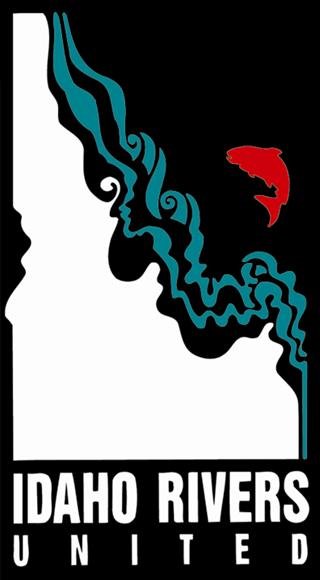Talking Points for the CEQ Listening Session
Attention salmon advocates!
UPDATE: Due to an overwhelming interest in speaker slots for the USG Listening Sessions, FMCS is potentially proposing an additional overflow session. If you didn't have a change to register this time around, be sure to watch for additional listening sessions and opportunities to speak.
The federal government will be holding a listening session led by the Federal Mediation Conciliation Service (FMCS) on March 31st from 10:00 - 1:00 (Pacific Time) to hear from and fill in the public on ongoing settlement discussions that are occurring as a part of the pause in the litigation surrounding salmon recovery and management of the hydropower system.
This will be an opportunity for salmon advocates to voice their support for action and leadership from the federal government on Lower Snake River dam removal and services replacement. It is critical that the government gets this message from those that rely on and care about wild salmon and steelhead.
This is an important opportunity for our membership and supporters to voice strong support for continued federal leadership on moving the region forward and placing our endangered salmon on a pathway towards recovery.
Register using the link provided below and include "Stop Salmon Extinction" as your affiliation and show where you stand! If you choose to comment, you’ll have 3 minutes of time, so make sure to get your points across succinctly.
An excerpt from the Biden Administration’s announcement last summer that the pause in litigation between the federal government and plaintiffs will continue until August 31st:
“The Administration is committed to supporting development of a durable long-term strategy to restore salmon and other native fish populations to healthy and abundant levels, while honoring federal commitments to Tribal Nations, delivering affordable and reliable clean power, and meeting the many resilience needs of the basin’s diverse stakeholders across the region, including those that use the rivers for irrigation, transportation, water supply, and recreation. This process will afford affected states, Tribal Nations, and regional stakeholders the opportunity to identify and implement alternative and durable solutions to longstanding challenges in the Columbia River Basin.”
Themes to to help with your comments:
Urgency
Wild Snake River salmon are quickly heading for extinction. 77% of wild spring/summer Chinook and 44% of summer steelhead populations will be quasi-extinct (one step away from extinction) by 2025 according to a study by the Nez Perce Tribe.
The status quo system of dams is lethal to migrating salmon, and a warming climate is pushing our already fragile, depleted populations over the edge. Federal leadership needs to recognize the dire need for regional planning and investment that will lead to Lower Snake River dam removal in this decade.
Accountability
The federal government must honor commitments made with sovereign Tribal Nations and lead the region in dam removal in order to restore healthy and harvestable salmon populations.
The Administration has spoken of a “whole of government” approach to salmon recovery in the Columbia Basin. Bonneville Power Administration, as a federal agency, must be fully committed towards developing a clean, reliable and affordable energy grid while also recognizing its obligations towards endangered salmon and steelhead populations.
Opportunity
Lower Snake River dam removal and services replacement can be integrated into the comprehensive energy planning to decarbonize the regional grid. Non-hydro renewable energy and storage resources, along with measures like energy efficiency can bolster an aging, expensive hydropower system that is destructive for salmon.
Restored wild salmon and steelhead runs in Idaho would support hundreds of species of plants and animals, fulfill the sovereign rights of Tribes, and bring in dollars and visitors to rural riverside communities.


